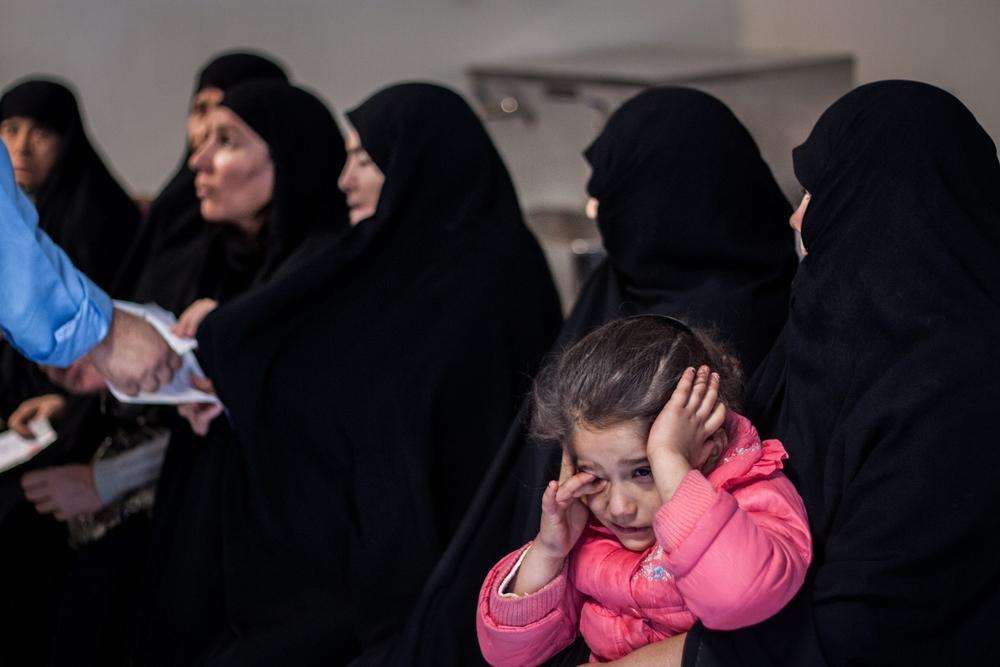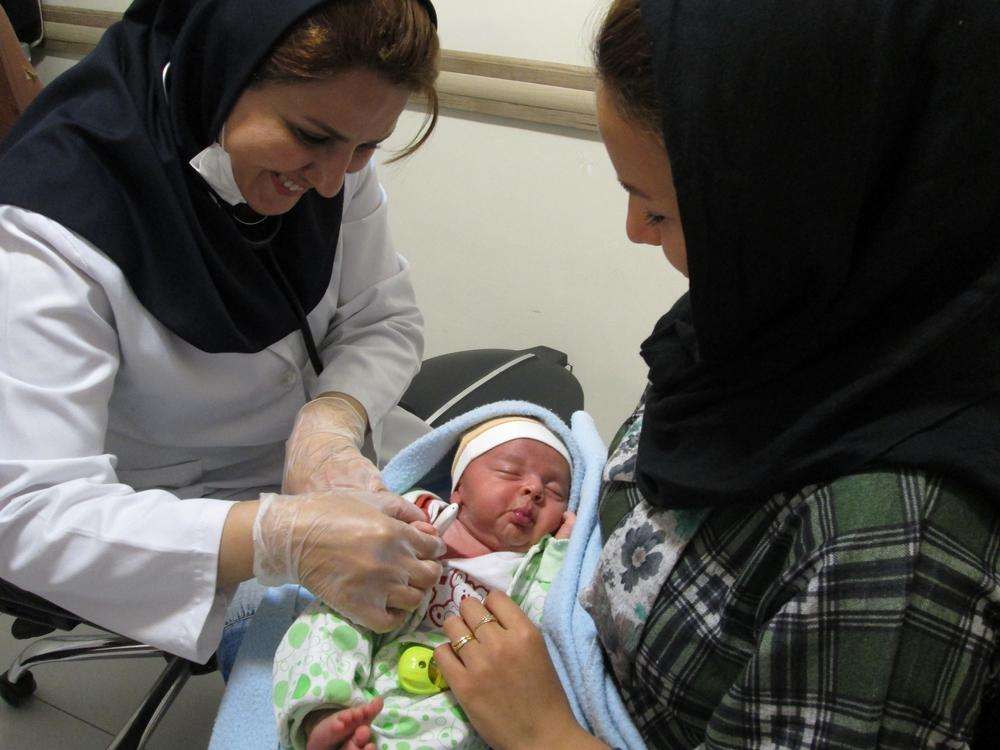Darvazeh Ghar district, south of the Grand Bazaar of Tehran, is one of the poorest in the Iranian capital. There coexist daily workers, traders, street children, sex workers and drug users. Marginalized, destitute and sometimes without identity papers, these people have very limited access to basic health care. In April 2012, Doctors without borders/Médecins Sans Frontières (MSF) opened in this area a health facility dedicated to women and children under five years old with a specific attention to those most at risk of infectious diseases such as HIV/aids , tuberculosis or hepatitis. MSF teams receive on average sixty patients per day: antenatal and postnatal care, family planning counseling, and pediatric consultations. In one year, more than 12,000 consultations were carried out, including nearly 1,700 gynecology cases. A quarter of the patients are children under five years old.
Mohsen Sheikholesl/MSF











